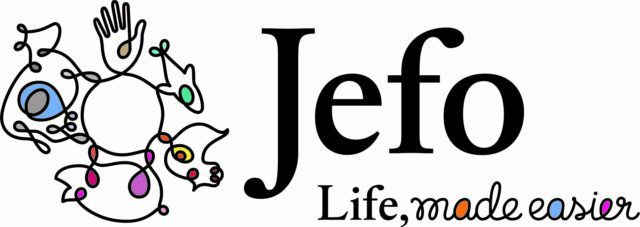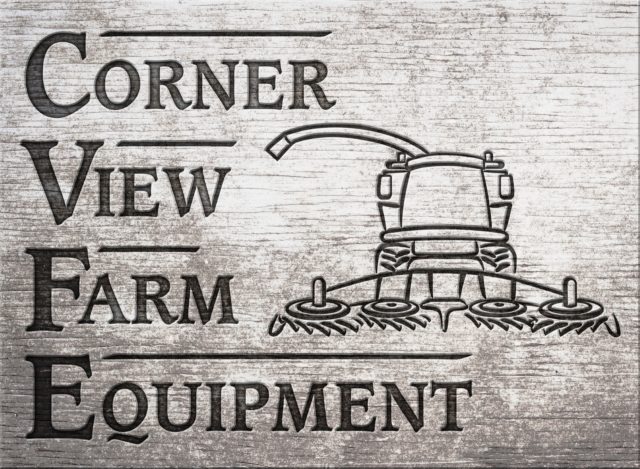I am mom to a 5-year-old, a 4-year-old and an 18-month-old. All day long I am bombarded with “why” questions and silly preschooler tales. I have to be honest, sometimes I just tune them out and smile and nod. A person can only take so many “he is smelly” jokes.
Even though I can still write my grocery list while “listening” to my 4-year-old tell me about his pretend livestock, I consider myself an OK listener. But I have a lot to improve on, especially when it comes to listening to our dairy customers.
It is an old wives’ tale that women listen better than men (but if you were in our household, I would prove that as fact). Maybe it is that women are more in tune to emotions, and therefore we can detect words that aren’t being said. Whatever the reason, I would encourage all dairy farmers (both men and women) to start exercising our listening skills a little more.
So who should we be listening to more? Why our customers, of course. It might seem foreign to link customer needs and wants to what we are doing in our dairy barns. It is a very rare occasion that I actually meet my customers face to face.
Sure I know lots of people who drink milk, but do I think of them as my customers? When you are milking or caring for your cows, are you thinking about how your customers are perceiving your actions? Probably not.
We need to start listening up because our customers are saying a lot. Since it is us women who are arguably the best listeners, it has to start with us. We need to start by not just giving our cows the best care, producing healthy milk and raising our families on top of all that. We also need to find ways to listen to what our customers are asking from us.
Only just a few years back, we wanted to educate our customers. If they just knew that a brown cow didn’t give chocolate milk, they would leave us alone and let us farm the way we wanted. Then we wanted to engage our customers.
If our customers just knew a farmer, maybe they would let us be. Times have changed. We have entered a world where the distance between producer and customer is very small. Our customers want to be engaged, but they also want to be heard.
We cannot just be passively listening to our customers either. Nodding our heads and saying “That’s nice, dear,” like I do to my 5-year-old and 4-year-old, will not cut it. Dairy producers can no longer hear a customer’s complaint and return to the farm without considering how we might change to meet the customer’s needs. We need to actively listen and take action. We need to be engaged in a two-way conversation.
Where we once had to prove that milk was good nutritionally to drink, we now need to prove that milk is good socially to drink. What do I mean by that? When Suzy Mom goes to buy a carton of milk, she is not only trying to decide what is healthy for her family, she is also trying to decide what is morally right to buy.
Suzy has questions and concerns. These are educated concerns that we as dairy farmers cannot just brush off. She is savvy enough to find answers, but are they the right ones?
So how do we go about listening to our customers? There are many great ways that don’t take much effort.
Using social media is a great way to listen and engage in conversations. You can start a blog, a Facebook fan page or even a Twitter account. Just be cautious that you are not using these platforms to simply push out your own messaging. Use these platforms to ask questions, learn what others are saying and form relationships.
It is very popular for dairy farmers to give presentations at their local civic group. Next time, instead of just talking about your farm, arrange the presentation to be more like a forum where the group tells you concerns they have of dairy. What a great way to learn first-hand what others in your community are thinking!
It can also be as simple as asking your cousin Ted what he thinks of the latest ground beef recall at your next family function. Make sure to listen before you respond or correct.
Like I stated earlier, in my opinion women are arguably the better of the two sexes when it comes to listening. That is why this industry change needs to start with us, the dairywomen. PD
Emily and her husband, Tim, co-own and operate an organic dairy farm with Tim’s parents in Elko, Minnesota. In addition to the dairy, Emily serves as the executive director of AgChat Foundation . Emily and her husband have three children.

Emily Zweber
Dairy producer
Elko, Minnesota





